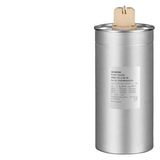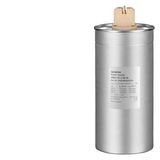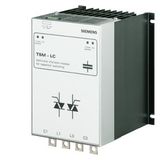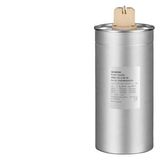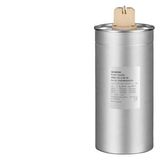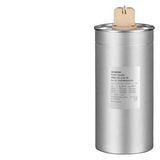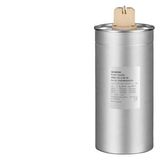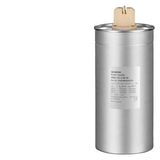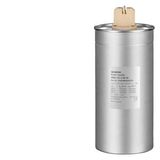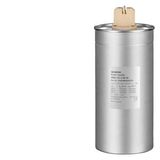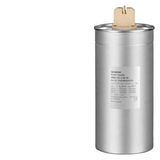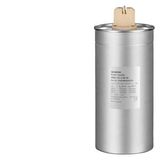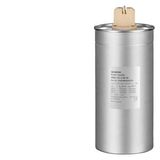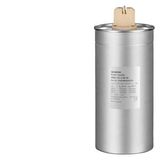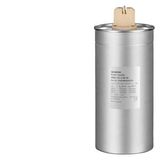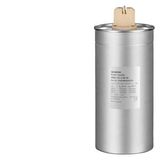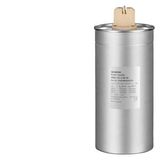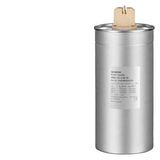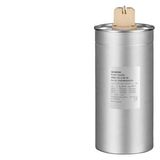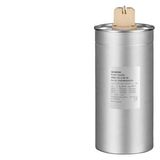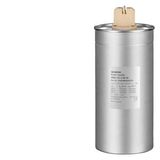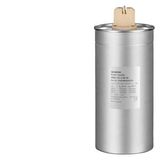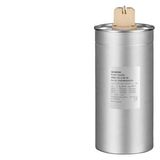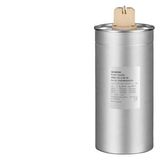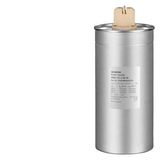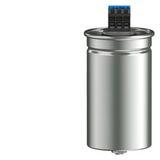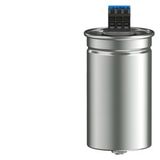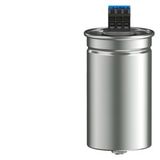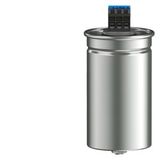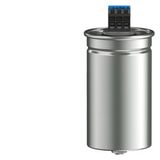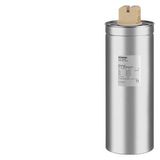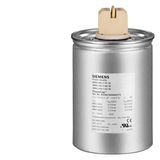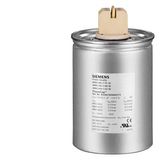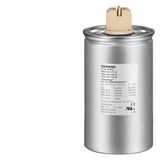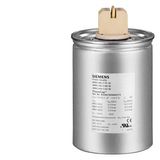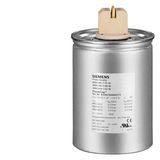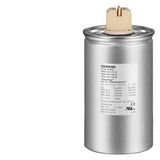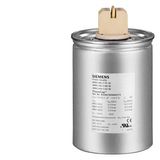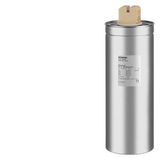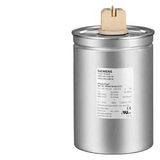Siemens Lighting accessories
siemens lighting accessories Application scope and brand context
Installers want parts that close out drawings without hand-fixing in the field. In lighting this means holders that don’t cook the lampholder skirt, connectors that keep polarity consistent, brackets that line up every cut-out, and cord sets with strain relief that actually fits the gland. Siemens builds around mainstream IEC footprints, so your E27/E14, GU10, G13, G5, GX53, and module interfaces match the datasheets you already use. Materials and ratings are published: T-classes for heat, IP classes for ingress, conductor windows by mm², and torque values for every terminal. That lets panel and ceiling plans translate to the shop floor with no guesswork.
siemens lamp holders Range and compatible sources
The portfolio covers Edison screw (IEC 60238) with T135/T180 options for enclosed luminaires, mains-voltage GU10 for PAR/AR lamps, bi-pin G13/G5 for linear gear, and low-profile GX53 for shallow fixtures. Bodies are glass-fiber reinforced PBT or ceramic for high-thermal zones, creepage distances sized for 230/240 V AC, and glow-wire tested at 650/850 °C per IEC 60695-2-11. Marked stripping lengths prevent nicked conductors; terminals accept 0.5…2.5 mm² solid/stranded depending on frame. For retrofit boards that still host T8/T5, lampholders to IEC 60400 keep lamp axis and contact pressure correct after years of relamping.
Other Siemens products
siemens lighting connectors Interface types and ratings
For detachable wiring, you’ll see 2–5-pole push-in and screw-clamp blocks qualified to EN 61984 with finger-safe IP20 geometry and test probe access. Rated typically 250/450 V, 10–24 A by size, they carry clear polarity and earth symbols to speed inspection. IDC options accelerate trunking runs: press, click, and the continuity is repeatable across a floor of fixtures. Where LED modules are used, constant-current and constant-voltage connectors sit beside Tc points; housings withstand 90–110 °C continuous without relax schneider electric lighting accessories..
siemens mounting brackets Mechanical integration and IP
Brackets and plates match the cut-outs used in EN 60598 luminaires: slot spacing repeats, so you can switch bracket styles without redrilling. Galvanized steel for general areas; stainless for washdown. Adjustable slots give ±3 mm play to align trims (siteco lighting accessories) , and captive M4 fasteners avoid losing hardware in ceiling voids. Gaskets and compression collars maintain IP44/IP54 at the fitting when you pass a cable through—handy on canopies and damp corridors.
siemens lighting spare parts Lifecycle and service kits
Service sets include replacement sockets, skirts, contacts, retaining rings, and clip-in carriers. We see crews standardize on two or three kits to cover 80% of site calls. Serial labels and EANs map to BOMs, so maintenance teams can close tickets with the correct class and temperature rating instead of scavenging parts.
Technical specifications and standards
Interfaces follow IEC 60061 (lamp cap gauges) for dimensional fit, IEC 60238/60400 for lampholders, and EN 61984 for non-wired connectors. Assemblies inside luminaires respect EN 60598 for insulation, earthing, and thermal limits; LED module provisions align with EN 62031 and LM-80/TM-21 data from the light source. Typical ambient operation −25…+50 °C; check Ta versus the luminaire cavity—ceramic holders (spectrum lighting accessories) are the safe choice above 120 °C. Contact resistance stays low via nickel or silver-plated brass. Dielectric tests and 2 kV impulse withstand are available by series. IP classes: most open lampholders are IP20; with boots and glands you can carry the enclosure seal to IP44/IP54. Cable acceptance: 6–12 mm OD for canopies; conductors 0.5…1.5 mm² on compact holders and up to 2.5 mm² on heavy-duty frames. For flexible installations, specify H05VV-F indoors and H07RN-F rubber in harsher bays
Applications and compatibility
Ceiling grids, trunking systems, and shopfit rails rely on repeatable hole patterns; Siemens plates keep optics centered so beam angles land exactly as modeled. In high-temperature display cases, choose ceramic GU10 with T180 and keep driver thermal paths clear of the holder body. Warehouses still running fluorescent can retain lampholder rows while drivers and optics migrate; spacing stays fixed, maintenance becomes predictable. When a schedule calls for siemens light installation accessories or slv lighting accessories, list the cap type, T-class, conductor size, IP, and mounting stack (panel thickness, screw size, gasket) right in the tag—procurement errors drop fast when those five items are explicit.
Integration with Siemens controls and distribution
holders and connectors mate cleanly with SENTRON protection and terminal technology in lighting DBs, while SIRIUS contactors handle group switching without welding. For DALI and KNX lines, use designated terminals in the connector sets to maintain SELV segregation; avoid bundling control pairs under the same clamp as mains. In retrofit retail runs, interpose miniature disconnects so service teams can drop a fitting without isolating the aisle. If your back-of-house uses Siemens cable glands and trunking, the bracket geometry keeps IP and EMC intact at entries.
Selection criteria for B2B buyers
- Define the lamp or module: cap type, current or mains, permitted Tc. 2) Fix environment: open office, damp corridor, or hot canopy—this drives T-class and IP. 3) Match conductor and sheath: verify terminal window, gland thread, and bend radius. 4) Confirm standards in the spec (IEC/EN references) to pass inspection without rework. 5) Align mechanical stack: panel thickness, screw spec, slot range, and tolerance to misalignment. 6) Reserve service parts for year two—holders wear out by heat cycling before optics do. For quick installs, pre-terminated harnesses branded as siemens cable sets cut ceiling time and save ferrule work on lifts.
Advantages of working with Bankoflamps
We map lampholder caps, T-classes, connector poles, and bracket footprints to your layouts, then show live EU stock by warehouse before you book ceiling access. Quotes come back in roughly an hour with EAN/MPN, terminal ranges, and gasket stacks spelled out, so substitutions don’t creep in mid-phase. Your portal displays lead times, order status, and downloadable price lists with validity windows. Approved accounts can use up to 30 days post-payment. We consolidate by floor, zone, or fixture family to trim freight and on-site sorting. Your account manager cross-checks IP, thermal headroom, conductor size, control segregation, and panel thickness against drawings so crates arrive build-ready and fitters close the ceiling once.

